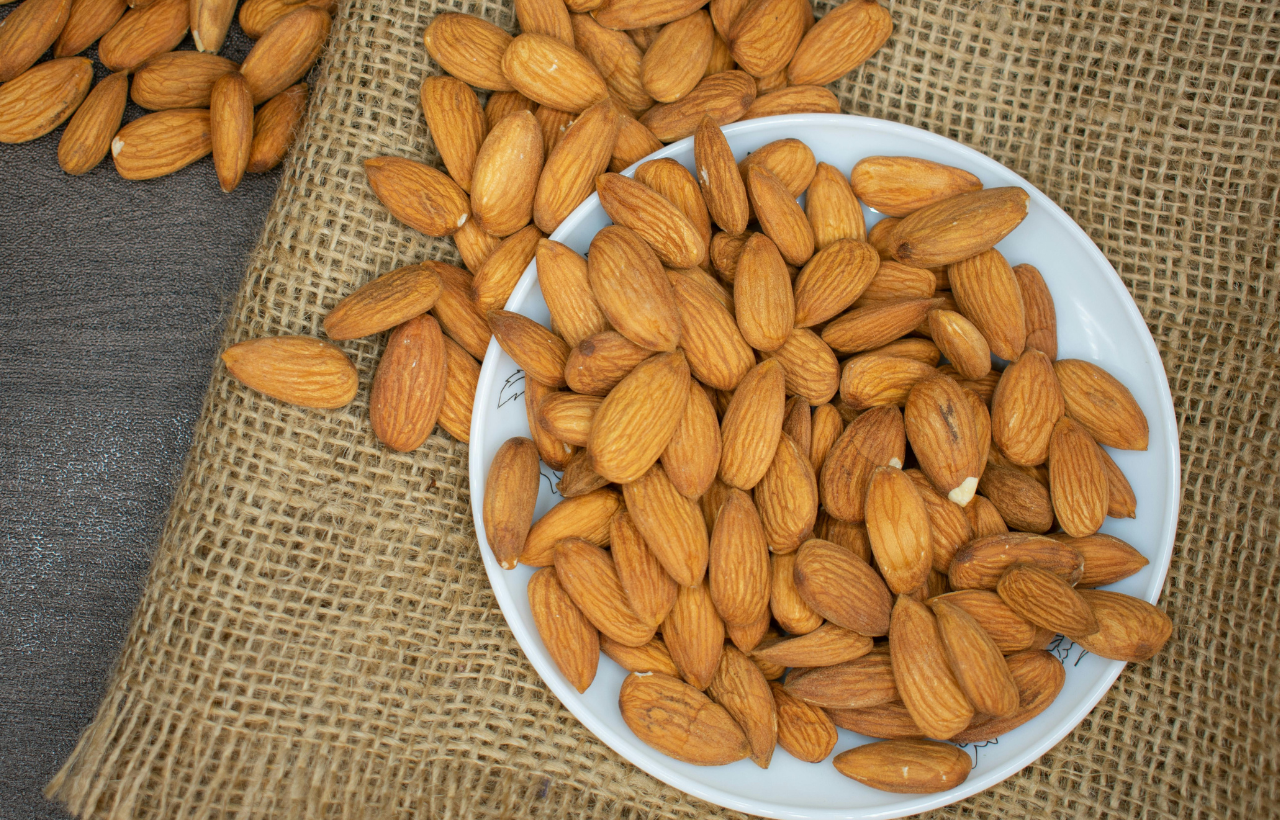Now Reading: 5 Shocking Ways Artificial Sweeteners Make You Hungrier
- 01
5 Shocking Ways Artificial Sweeteners Make You Hungrier

5 Shocking Ways Artificial Sweeteners Make You Hungrier
Have you ever reached for a diet soda thinking you’re making a healthier choice, only to find yourself ravenously hungry an hour later? You’re not alone. While artificial sweeteners promise the sweetness we crave without the calories, emerging research suggests they may be playing a surprisingly counterproductive role in our relationship with food. The very products marketed to help us consume fewer calories might actually be triggering mechanisms that make us hungrier and more likely to overeat.
The Sweet Deception: How Zero-Calorie Options May Backfire
For decades, artificial sweeteners have been promoted as the perfect solution for weight-conscious consumers. With zero calories but all the sweetness, they seemed like the perfect hack for anyone looking to reduce sugar intake while satisfying cravings. However, scientists are uncovering evidence that these sugar substitutes might be working against our weight management goals in several unexpected ways.
1. Disrupting Your Brain’s Reward System
Perhaps the most alarming effect of artificial sweeteners is how they manipulate your brain’s natural reward pathways. When you taste something sweet, your brain anticipates calories and nutrition. When those calories don’t arrive, it creates a confusing situation for your body.
“The sweet taste without calories creates a disconnect in the brain’s reward center,” explains Dr. Susan Swithers, Professor of Psychological Sciences at Purdue University. “Over time, this may lead to increased appetite and diminished ability to regulate calorie intake.”
Research published in the journal Physiology & Behavior found that this “sweet deception” can trigger compensatory eating behaviors, with study participants consuming significantly more calories after regularly drinking artificially sweetened beverages compared to those who drank water.
2. Altering Your Gut Microbiome
Your digestive system houses trillions of bacteria that play crucial roles in metabolism, immune function, and even mood regulation. Growing evidence suggests artificial sweeteners may disrupt this delicate ecosystem.
A landmark study published in Nature found that saccharin, sucralose, and aspartame can alter the composition and function of gut bacteria in ways that promote glucose intolerance – a precursor to diabetes. These microbiome changes don’t just affect metabolism; they may also influence hunger hormones and cravings.
“The gut microbiome communicates directly with the brain through various pathways,” notes Dr. Michael Davis, gastroenterologist and researcher at Cleveland Clinic. “When artificial sweeteners alter this community of bacteria, it can trigger changes in appetite regulation and food preferences.”
3. Intensifying Sugar Cravings
Perhaps counterintuitively, consuming artificial sweeteners may actually increase your desire for sweet foods. These substances are often many times sweeter than natural sugar – aspartame is approximately 200 times sweeter than sucrose, while saccharin can be 300-500 times sweeter.
This hyperstimulation of taste receptors can recalibrate your palate, making naturally sweet foods like fruit seem less appealing while intensifying cravings for ultra-sweet processed foods.
A 2020 study in the American Journal of Clinical Nutrition found that participants who regularly consumed artificial sweeteners reported stronger cravings for sweet foods compared to those who didn’t use these products. The researchers concluded that “artificial sweeteners may be reinforcing a preference for sweetness rather than reducing it.”
4. Triggering Insulin Confusion
Your body has evolved sophisticated mechanisms to regulate blood sugar. When you consume something sweet, your pancreas prepares to release insulin in anticipation of rising blood glucose levels. With artificial sweeteners, this process gets complicated.
Some research suggests that the sweet taste alone – even without actual sugar – may trigger an insulin response in certain individuals. This “cephalic phase insulin response” can lead to a temporary drop in blood sugar, which your body interprets as hunger.
“It’s like a false alarm,” explains Dr. Robert Lustig, endocrinologist at University of California, San Francisco. “Your body prepares for incoming energy that never arrives, potentially leading to rebound hunger and cravings.”
5. Psychological Effects on Hunger Perception
Beyond the physiological impacts, artificial sweeteners may affect how we think about food and fullness. When people believe they’re saving calories by choosing diet products, they often exhibit what researchers call the “licensing effect” – essentially giving themselves permission to eat more elsewhere.
A study from Johns Hopkins University found that participants who were told they were drinking diet beverages consumed 30% more calories at subsequent meals compared to those who believed they were drinking regular sugar-sweetened beverages.
“There’s a compelling psychological component to hunger that we can’t ignore,” says Dr. Jennifer Harris, food psychologist at Yale University. “When people feel they’ve made a virtuous choice with a zero-calorie sweetener, they often subconsciously compensate by eating more later.”
Breaking the Cycle: Healthier Alternatives
If you’re concerned about artificial sweeteners potentially increasing your hunger, consider these alternatives:
- Gradually reduce sweetness overall: Slowly decrease the amount of sweetener (artificial or natural) you use to help your taste buds adjust to less sweetness.
- Experiment with natural options: Small amounts of honey, maple syrup, or fruit can provide sweetness with beneficial nutrients.
- Focus on whole foods: Foods in their natural state typically create greater satiety than highly processed alternatives.
- Stay hydrated: Sometimes thirst masquerades as hunger – keep water intake consistent throughout the day.
The Bigger Picture
While the research on artificial sweeteners continues to evolve, it’s clear that they’re not the simple solution to weight management they were once thought to be. The relationship between these substances and hunger is complex, involving multiple biological systems and psychological factors.
“We need to move beyond the calorie-counting paradigm,” urges Dr. Swithers. “Just because something doesn’t contain calories doesn’t mean it won’t affect your appetite and eating behaviors in meaningful ways.”
For many people, the most sustainable approach may be to gradually reduce dependence on highly sweetened foods and beverages altogether, allowing their taste perception and hunger cues to normalize over time.
Conclusion
The promise of sweetness without consequences has proven too good to be true. From disrupting your brain’s reward system to altering gut bacteria and triggering insulin confusion, artificial sweeteners may be sabotaging your hunger control in multiple ways. While individual responses vary, increasing evidence suggests these substances may be contributing to rather than solving our struggles with weight and appetite management.
As you navigate the complicated world of food choices, remember that your body’s hunger signals evolved over millennia – and they can be easily confused by modern food technologies like artificial sweeteners. Listening to your body’s natural hunger and fullness cues, while gradually reducing dependence on intensely sweet tastes, may provide a more sustainable path to healthy eating.
Disclaimer: This article is for informational purposes only and is not intended to provide medical advice. Always consult with healthcare professionals before making significant changes to your diet, especially if you have underlying health conditions such as diabetes.











